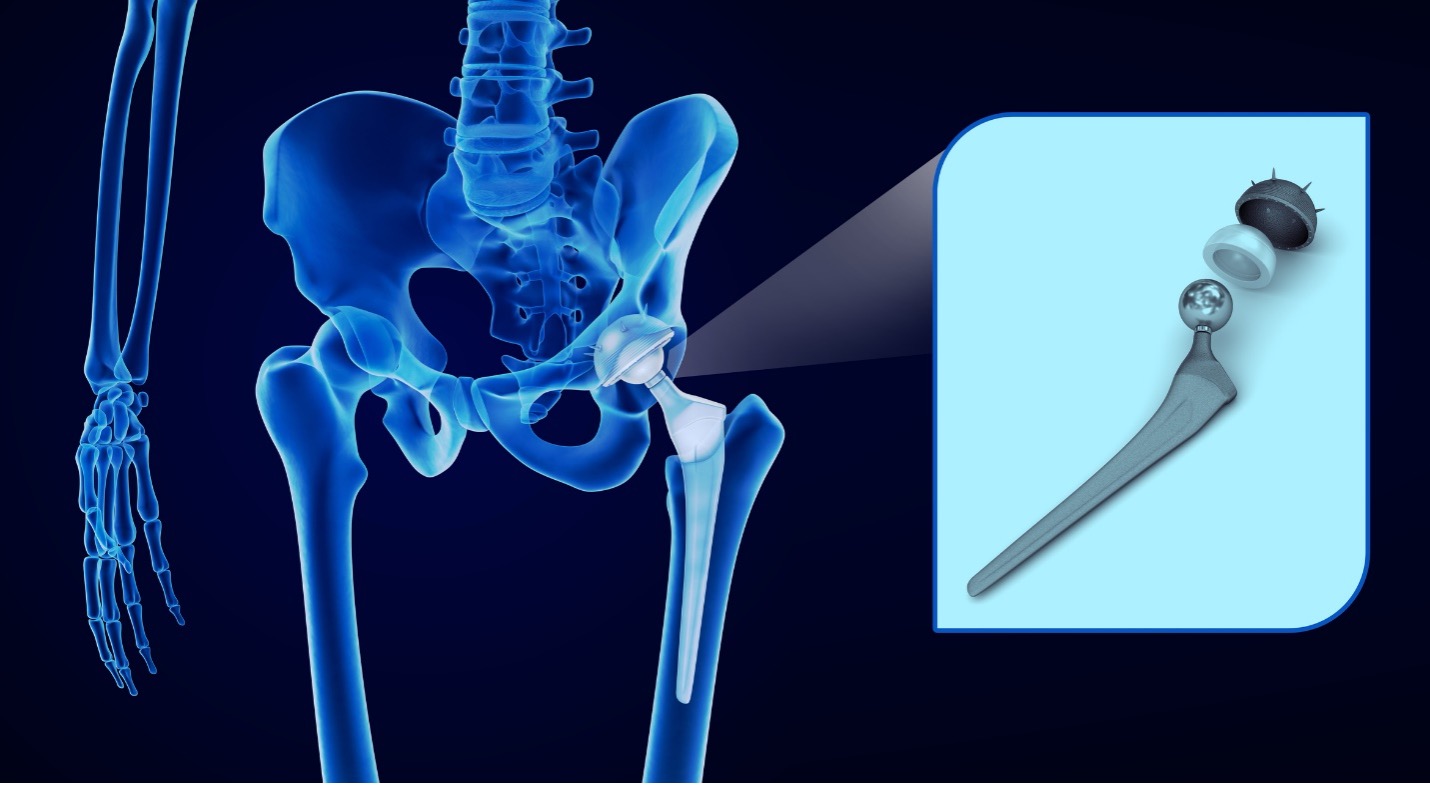Exactech Recall For Defective Knee, Hip, and Ankle Implants

Joint replacement involves removing parts of an arthritic or damaged joint, and replacing them with metal, plastic or ceramic components that replicate the movements of a healthy joint. The surgeries you’re considering are the most common total joint replacement procedures done in the U.S. About 700,000 knee replacements and about 400,000 hip replacements are performed in the U.S. each year. All surgeries, no matter how simple, carry the risk of complications, and knee or hip replacement surgeries are no different. Complications after these procedures can be caused by a faulty implant or can be the result of the surgery itself, and repairing a failed hip or knee replacement involves major surgery performed under general anesthesia.
In August 2021, the U.S. Food and Drug Administration (FDA) announced a recall of a variety of Exactech knee and ankle replacements with polyethylene components and inserts, due to risk of device failure that could lead to health risks and require corrective revision surgery.
In February 2022, Exactech, a company that manufactures knee and ankle replacement devices, issued a recall for their Optetrak, Truliant, and Vantage products after reports from consumers that the plastic inserts are defective, causing an elevated risk of device failure and health complications. According to the recall, their products were stored in vacuum-sealed bags that allowed oxygen to diffuse into the devices and warp them during storage and before being implanted in a patient. The defect significantly increases the risk of future knee problems, and with over 147,000 knee implants performed since 2004, there are too many individuals who have undergone severe hardship because a negligent organization failed to ensure that their products were safe before arriving at consumers as the opposite.
Exactech has already stated they would issue refunds for any customer with a defective device, but this is merely a band-aid fix on the much larger issue. Those who had defective knee and ankle replacement devices implanted in them have much more to worry about, including their future health and medical bills, so a refund on their product will help very little in the grand scheme of things. Instead, these victims need an ally in their corner, someone who’s knowledgeable of the law and can help them hold the negligent party accountable for recklessly endangering their health and well-being. Anyone who received the now recalled knee implant may face an increased risk of experiencing problems with their Exactech knee replacement. This may result in the need for revision surgery after experiencing symptoms of additional knee problems. A total knee replacement system includes a number of specific components, which all work together to provide an artificial knee replacement. These include the femoral implant, tibial tray, patellar component, and a tibial polyethylene insert. The problem with the Exactech recalled knee implants is found in the polyethylene insert, which serves a very important function throughout the life of the knee replacement. The polyethylene or plastic knee insert is a “shock absorber” and replaces the function of cartilage in your knee joint. If the plastic insert fails, the knee replacement fails.
Officially known as an Exactech Ultra-High Molecular Weight Polyethylene (UHMWPE) knee insert, the knee replacement liners were found to be packaged in defective vacuum bags that were not sufficiently oxygen resistant. These insert bags did not contain a second barrier layer containing ethylene vinyl alcohol, which is intended to protect the knee insert from prematurely degenerating. This can cause oxygen to reach the plastic inserts during storage or before it is implanted, resulting in oxidation that severely degrades the polyethylene liner. This increases the risk of several knee replacement problems much earlier than expected, including:
- Clicking, grinding, popping, or other noises
- Dislocations
- Inability to bear weight
- Instability in the knee, ankle, or hip
- New or worsening pain
- Osteolysis (or bone degeneration)
- Premature wear or device failure
- Revision surgery
- Swelling
Due to product failure, victims of faulty Exactech hip, knee, and ankle replacements may have to endure costly revision surgery to repair and/or replace the faulty product.
The amount you can recover from Exactech for your defective knee replacement device depends on your individual circumstances. While you may see average settlement figures in the range of $100,000 to $200,000, your claim could be worth more or less depending on the financial and non-financial costs you incur. Don’t forget, patients who received defective medical implants can sue to recover their current and future losses—and your future losses could far exceed the costs you have incurred to date.
Generally speaking, patients who received defective Exactech knee replacement devices have four years to file a lawsuit against the company. This limitations period runs from the date that patients learned, or reasonably should have learned, that they had a claim against the company for a defective medical device. If you or a loved one have undergone a total knee replacement since 2004 that may have involved an Exactech Optetrak, Exactech Optetrak Logic, or Exactech Truliant knee implant, financial compensation, and settlement benefits may be available. Additionally, it is not necessary that you know whether a recalled Extactech knee implant was used before contacting us to investigate further.
What Do You Need To Do To Claim It?
Step 1: Click the red button below.
Step 2: On the next page, answer a few questions about your personal situation (takes 30 seconds).
